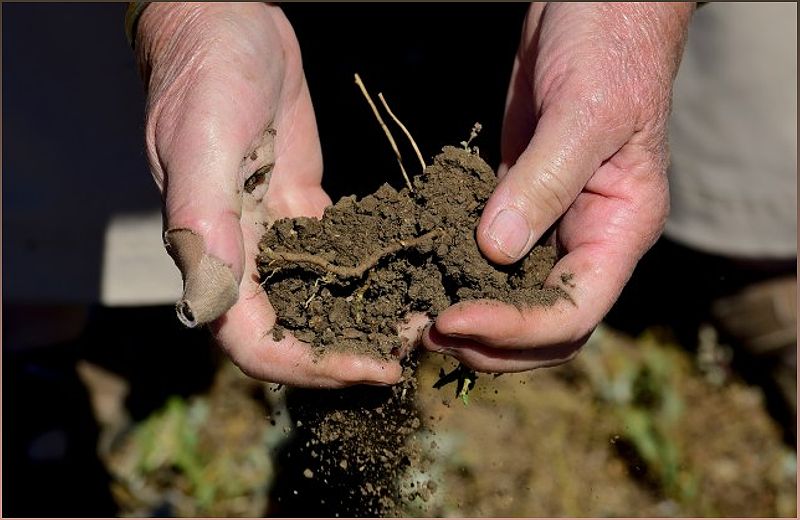Boulder County’s soil health grant program should prioritize organic farming practices and reducing chemical dependency to effectively improve soil health and meet consumer demand for organic food.
The Importance of Supporting Organic Agriculture
Organic farming is a crucial component of sustainable agriculture, and it is essential to prioritize and support organic practices in soil health grants. By promoting organic farming, we can address the growing demand for organic food while also improving soil health and reducing chemical dependency.

( Credit to: Dailycamera )
Consumers are increasingly seeking organic options, driven by their desire for food that is free from harmful chemicals like glyphosate, 2,4-D, and dicamba. The demand for organic products has been steadily rising, and it is important for soil health initiatives to align with this consumer preference.
Organic farming practices such as minimal or no tillage, crop rotation, cover crops, and rotational grazing have been proven to be effective in promoting soil protection and health. These practices help to build organic matter, enhance soil structure, and increase biodiversity, resulting in healthier and more resilient soils.
Additionally, organic farming reduces the reliance on chemical-based herbicides and pesticides, which can have detrimental effects on human health and the environment. By supporting organic agriculture, we can create a more sustainable food system that prioritizes both the well-being of consumers and the health of our planet.
The Need for Organic Farming in Soil Health Grants
While Boulder County’s grant program aims to enhance soil health, it falls short in addressing the importance of organic farming. To truly improve soil health, it is crucial to incorporate organic farming practices and reduce chemical dependency in agriculture.
Organic farming offers numerous benefits for soil health. Practices such as no tillage, crop rotation, and cover cropping help to improve soil structure, increase organic matter, and enhance nutrient cycling. These practices promote the growth of beneficial soil microorganisms and contribute to the overall health and fertility of the soil.
Furthermore, organic farming reduces the use of herbicides and pesticides, which can have negative impacts on soil biodiversity and long-term soil health. By supporting organic farming practices and reducing chemical dependency, we can protect and enhance soil health for future generations.
Aligning Soil Health Initiatives with Organic Farming
To effectively promote soil health, it is essential for soil health grant programs to align with organic farming practices. This includes incorporating practices such as minimal or no tillage, crop rotation, cover crops, and rotational grazing.
These practices help to build soil organic matter, improve soil structure, and increase nutrient availability. They also promote beneficial soil microorganisms and enhance soil water-holding capacity, reducing the risk of erosion and improving overall soil health.
In addition to promoting organic farming practices, it is important to prioritize measurable reductions in the use of herbicides and pesticides. This can be achieved through education, training, and providing resources and support to farmers transitioning to organic methods.
By aligning soil health initiatives with organic farming practices and reducing chemical dependency, we can create a more sustainable and resilient agricultural system that prioritizes soil health, human health, and environmental well-being.
Conclusion: Supporting Organic Farming for Soil Health
Enhancing soil health is crucial for successful food production and the livelihoods of farmers and ranchers. To truly improve soil health, it is imperative to support organic farming practices and reduce chemical dependency in agriculture.
By promoting organic farming, we can meet the growing consumer demand for organic food while also protecting and enhancing soil health. Organic practices such as minimal or no tillage, crop rotation, cover crops, and rotational grazing have proven to be effective in promoting soil protection and health.
It is time for soil health grant programs, like the one in Boulder County, to align with the principles of organic farming and prioritize the reduction of chemical-based herbicides and pesticides. By doing so, we can contribute to a more sustainable food system and ensure the long-term health and fertility of our soils.
